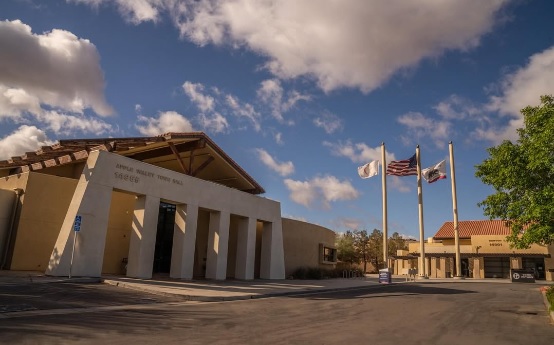The question of Apple Valley’s water ownership has been kicked back to county court.
In 2016, Apple Valley attempted to seize control of a private water utility system, which was owned by Carlyle Infrastructures Partners and operated by Apple Valley Ranchos Water. The town filed an eminent domain action to acquire the water system.
The following day, Carlyle sold the system to Liberty Utilities.
Following a bench trial, San Bernardino Superior Judge Donald Alvarez ruled that the town did not have the right to take the water system. Apple Valley appealed.
In a Jan. 15 published ruling, the California Court of Appeal invalidated Alvarez’ ruling. The








